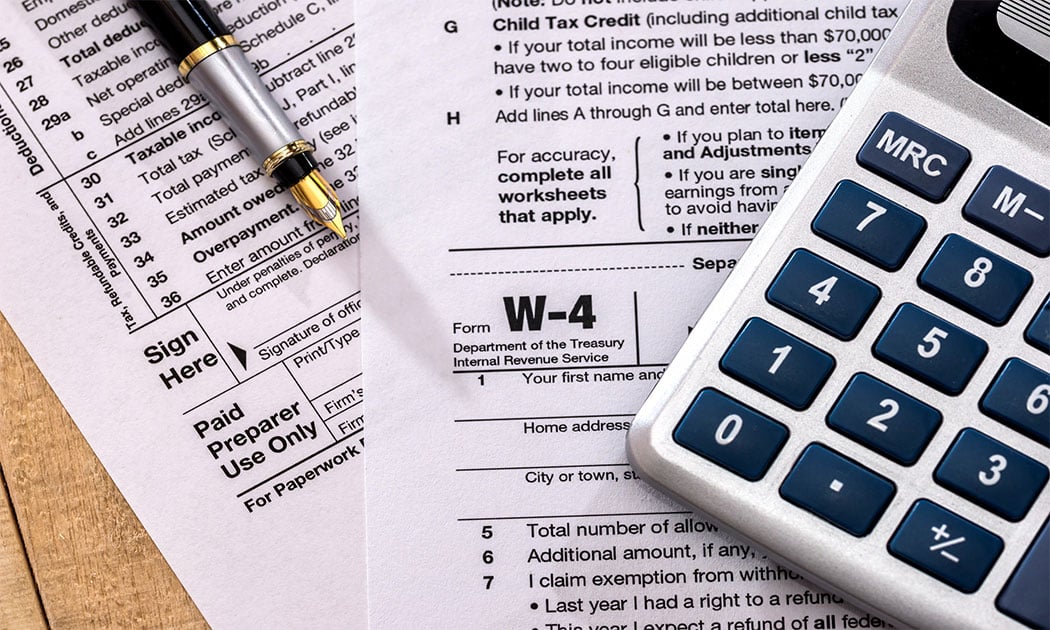The Payroll Blog
News, tips, and advice for small business owners
- Home
- Resources
- Payroll Blog
- What Small Business Owners Need to Know about Form W-2
What Small Business Owners Need to Know about Form W-2
As a business owner, there’s no shortage of tax forms to familiarize yourself with.

While each and every form is critical to remaining compliant, Form W-2 is sure to garner a lot of your attention.
Here’s what the IRS has to say about Form W-2:
Every employer engaged in a trade or business who pays remuneration, including noncash payments of $600 or more for the year (all amounts if any income, social security, or Medicare tax was withheld) for services performed by an employee must file a Form W-2 for each employee (even if the employee is related to the employer).
Note: here’s a copy of Form W-2 for closer review.
Provide a Copy to Every Employee
You have a lot on your plate when running a business, but it’s your responsibility to provide every employee with a copy of Form W-2 no later than January 31th following the close of the tax year (typically December 31st).
This form provides the employee with a variety of information needed to file their tax return, such as:
- Wages, tips, and other compensation
- Federal income tax withheld
- Social security wages
- Social security tax withheld
- Medicare wages and tips
- Medicare tax withheld
Why it’s Important to Employees
Upon joining your company, every employee should complete and submit Form W-4. This tells you how much money to withhold in federal income tax from an employee’s pay.
Note: an employee may want to complete a new Form W-4 each year, which will impact how much you withhold.
Throughout the year, you’ll withhold the proper amount of money from each paycheck, based on the employee’s Form W-4, and remit to the IRS.
When it’s time for an employee to prepare their tax return, they’ll use the information from Form W-2, such as the total amount of federal income tax withheld, to determine if they will receive a refund or need to pay additional taxes.
Are You Confused?
It’s okay if you don’t fully grasp the finer details of Form W-2 and Form W-4, among others. Rather than run the risk of making a mistake – such as forgetting to provide employees with the necessary tax forms – it’s best to consult with a small business payroll provider.
With a professional team on your side, you no longer have to concern yourself with tax forms, withholding the proper amount of taxes, and related details. Instead, you can focus on running your business, while your payroll company does the rest.
Related Blog Posts
View Our Plans and Pricing
Small Business Is Our Business.
This website contains articles posted for informational and educational value. SurePayroll is not responsible for information contained within any of these materials. Any opinions expressed within materials are not necessarily the opinion of, or supported by, SurePayroll. The information in these materials should not be considered legal or accounting advice, and it should not substitute for legal, accounting, and other professional advice where the facts and circumstances warrant. If you require legal or accounting advice or need other professional assistance, you should always consult your licensed attorney, accountant or other tax professional to discuss your particular facts, circumstances and business needs.

